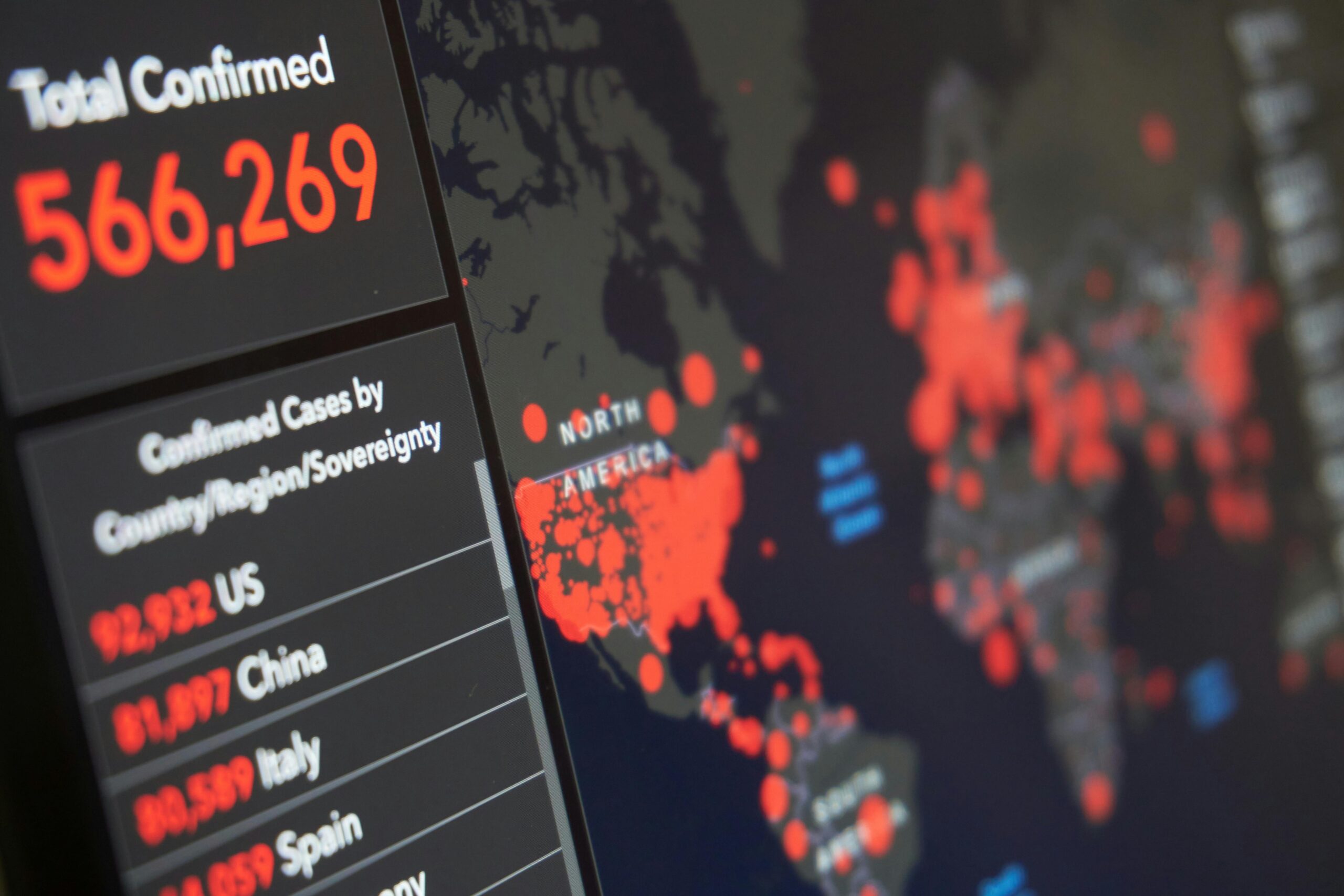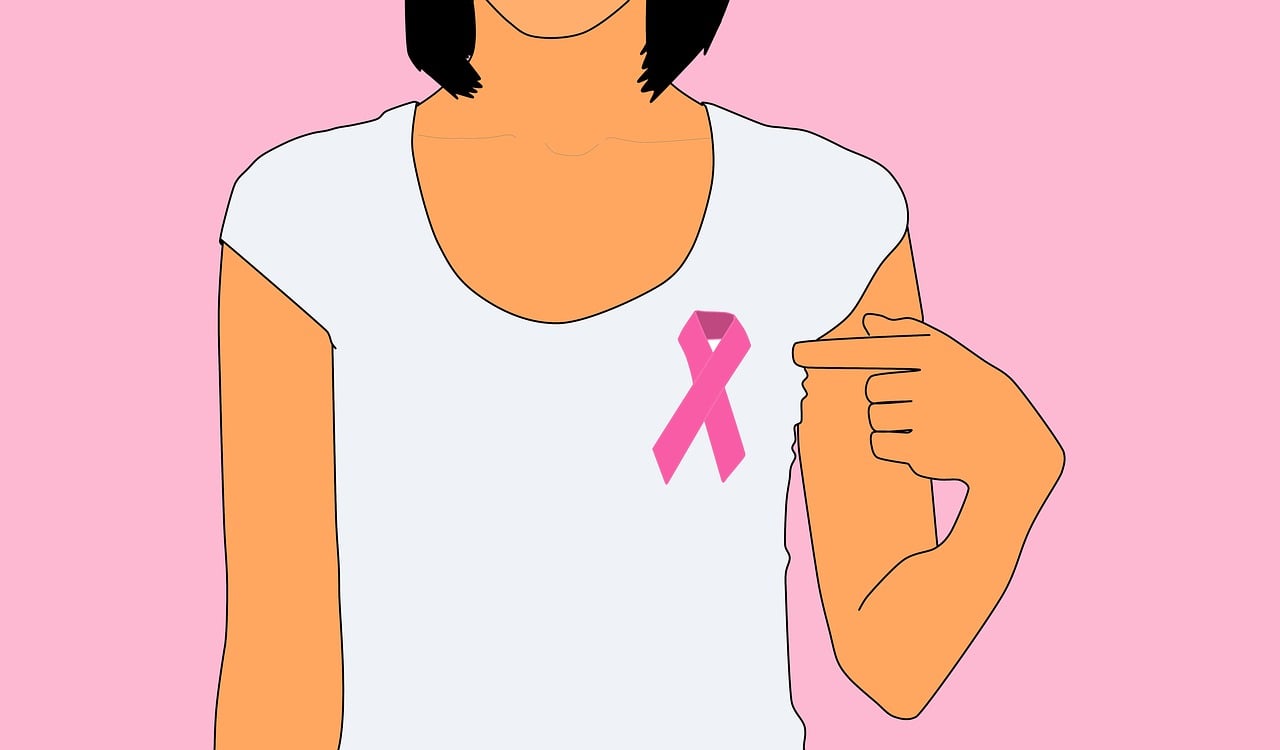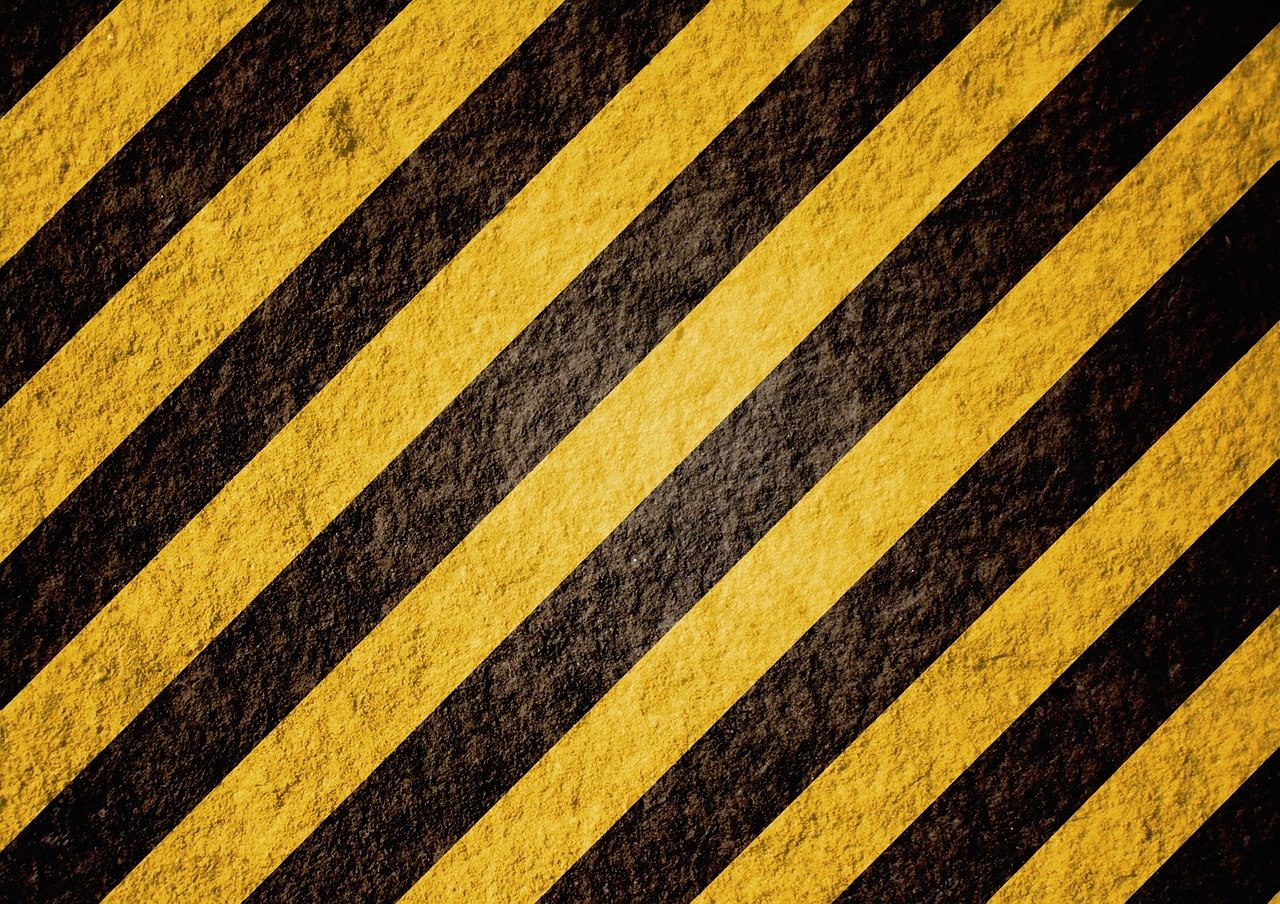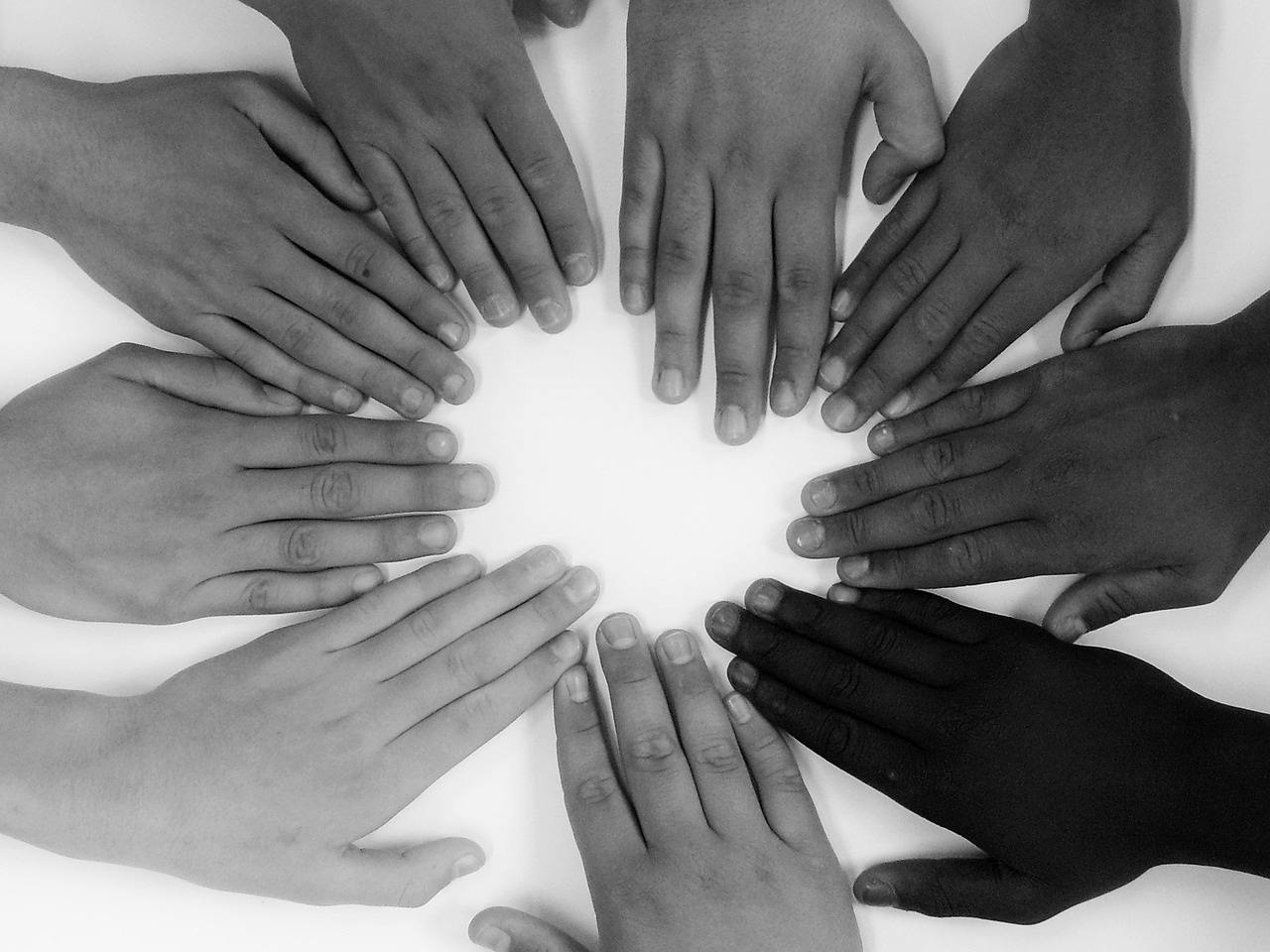Life before the pandemic has constantly given us thorns, triggers, and reasons to question our mental health stability. We’ve gone from failed business to failed relationships to loss of a loved one to disabling illnesses, etc. We’ve been managing or probably struggling to keep our balances and then the COVID-19 wave hits.
Unfortunately, the pandemic came with many extensions. Many have lost their jobs, some have been forced into unexpected long-distance relationships. Others have lost their loved ones and even denied the privilege of spending their last moment with them while some are struggling with WFH.
These are all life dishes served at different temperatures, and whatever the situation, we must strive to stay strong. This too shall pass. Sequel to this, I was invited by the board members of Circle of Sages to talk to its members on “managing your mental health amidst the COVID-19 pandemic”. Circle of Sages is an online community of over 300 young adults with a predominant age range of 23-30 and slight predominance of females (54.0%) and students (41.7%).
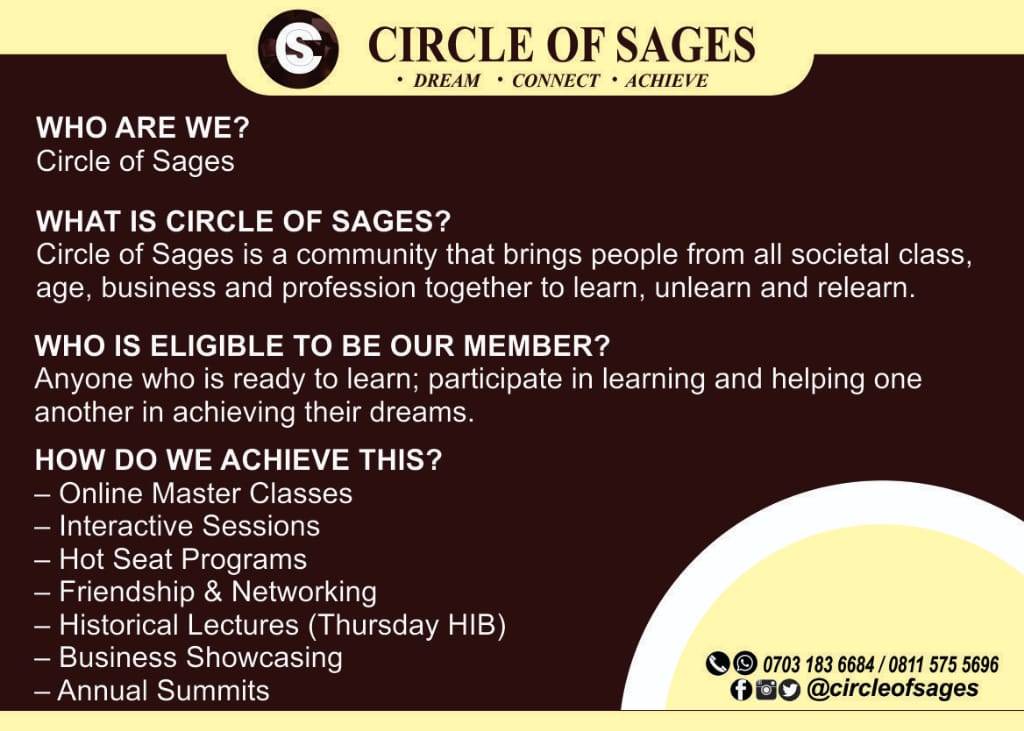
Within the two hours spent on this lecture, I took a quick poll to assess the common mental health concerns of my hosts. The majority (66.7%) of the respondents noted that their mental health concern is laid primarily on Anxiety and Depression. Here’s the chart below:
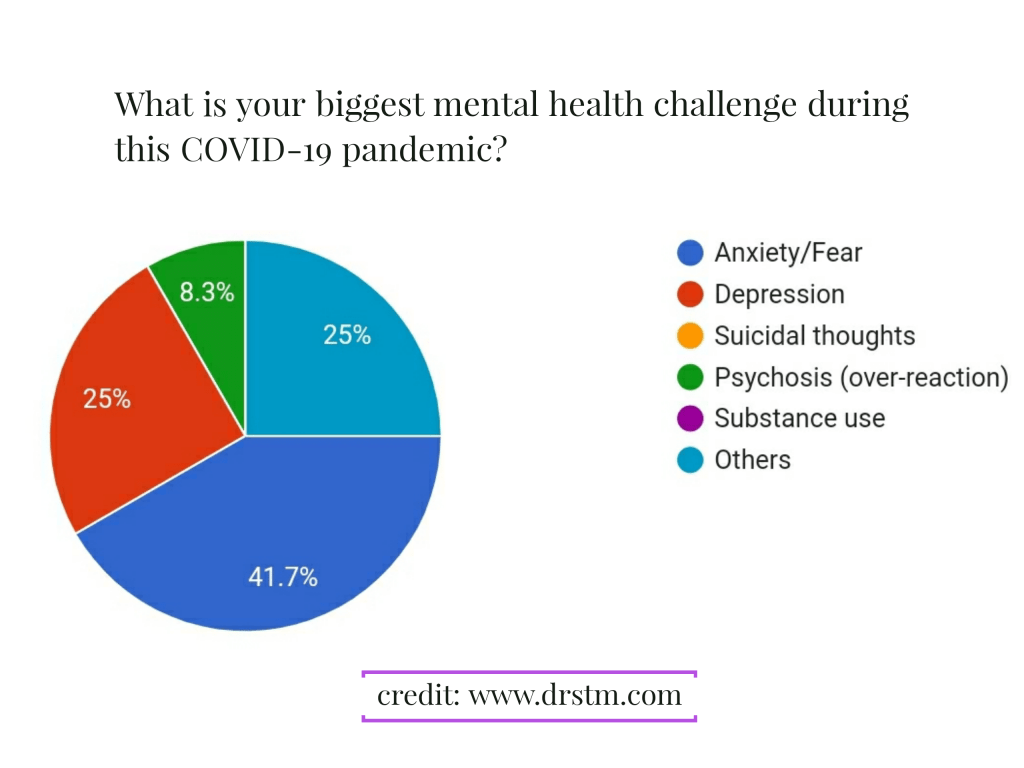
Now, let’s drive through the nuggets I discussed with my hosts on the topic:
1. Minimize watching, reading or listening to news that cause you anxiety or distress
This should be a major tip for persons experiencing anxiety. When one spends enormous time on a phenomenon, that phenomenon takes up a major part of their thought. If the news isn’t great, it tends to cause either anxiety or depression. So, it’s simple, stay away from what gives you distress.
2. Access information only from verified sources
Unfortunately, we tend to underestimate the gravity of the consumption of wrong information from various sources. During the Ebola outbreak in Nigeria six years ago, a broadcast went viral via WhatsApp within a very short time. The message was simple but deadly: to prevent or kill the Ebola virus, bath with salty water. People not only bath with salty water, but they also drank it and within a round of 24 hours, we recorded a nationwide spike of medical emergencies secondary to this singular act. It’s 2020 with the Corona virus and we’re now consuming different information again. In fact, about six weeks ago, we also had medical emergencies in Nigeria due to the overzealous consumption of Chloroquine.
As far as the pandemic is concerned, information from the World Health Organisation, your country’s Ministry of Health and Centre for Disease control, should be enough. If you must consume more, ensure it is verified and recognised. For example, I also adapted these tips from the WHO.
3. Seek information updates at specific time of the day, either once or twice
Just like the previous tips, when you gradually channel off your mind from COVID-19 and begin checking updates probably once or twice per day, you experience some level of balance. You’ll live in a state of awareness but not fear and then comfortably do your best in staying safe.
4. Use opportunities to amplify positive stories
You’ll easily hear stories about a family that has been completely ravished by the pandemic, a dead celebrity, etc. But just like we have death counts, we also have survivors.
Although the infectivity rate of the virus is high, its fatality rate isn’t that terrible. The counts we get is simply because of its high infectivity rate. Yes, more persons are likely to contract the coronavirus than the Ebola virus, but when infected, more persons are likely to die from the latter.
Interestingly, some authorities are beginning to question the correctness of mortalities recorded as COVID-19. For example, a 78-year-old man died while being conveyed to the hospital as an emergency. He was a hypertensive and diabetic patient who was also being managed conservatively for advanced-staged prostate cancer. Post-mortem test confirmed coronavirus infection and he’s quickly counted as another death figure. But then, was it cancer or the virus that killed him?
To boost our morale and protect our mental health, I simply think that we adhere to the next tip religiously and share survival stories at every given opportunity.
5. Protect your physical health as jealously as possible
When I mentioned this tip, some of my audience felt I was contradicting my topic. How can I be mentioning physical health when I’m talking about mental health?
Well, here’s the deal: you usually face life situations more confidently when you equip yourself optimally. In the same way, your level of anxiety is checkmated when you practise optimal personal and respiratory hygiene, maintain social distance, exercise and feed well.
Even without the pandemic, these should be our cardinal practices to healthy living.
6. Practice energy diversion
If you’re not occupied with WFH or caring for your children, you can re-channel your time from anxiety-precipitating activities to other important things. You can even afford to keep a personal diary on the events surrounding this pandemic. Instead of spending your time on worries, divert that time and energy and take that bold step you’ve been dreaming of.
My brother wrote his first e-book within this period and my sister perfected her baking skills within the past two months. These are all better results and I’ll recommend such any day anytime.
Fear will always be hovering around us regardless of the pandemic. I posted a blog here on the price I paid to fear; that event was before this pandemic hit us, but still, I fell prey to it. We should strive to always choose a better option when life presents us with its spices.
7. Bond, bond, bond!
Whether you’re stuck in a sudden long-distance relationship or you’re stuck home with you extended family, this moment can be a good time to see, hear, feel and practise those things you’ve been missing out on.
You can set out on a group project or redesign your house. Whatever it is, you move far when you walk together.
8. Speak out when overwhelmed
You can abide by all these tips above and still find yourself filled with some negative thoughts. You are not abnormal, it happens. The least you can do to save yourself at that moment is to remember that no man is an island. Regardless of how bitter life have been or how unfriendly humans have been, you can still find a little angel sitting next to you and offering his/her shoulder for you. Lean on that person and let out … don’t withhold, you will heal.
Although the pandemic is beginning to look like we’ll have to accept it and live with it like other pandemic families such as HIV/AIDS, we do not have to lose our sanity to it. This too shall pass.
… did you find this article helpful, share the good news then, and a comment or more will be appreciated.
Stay safe.
Truly yours,
Dr. STM



